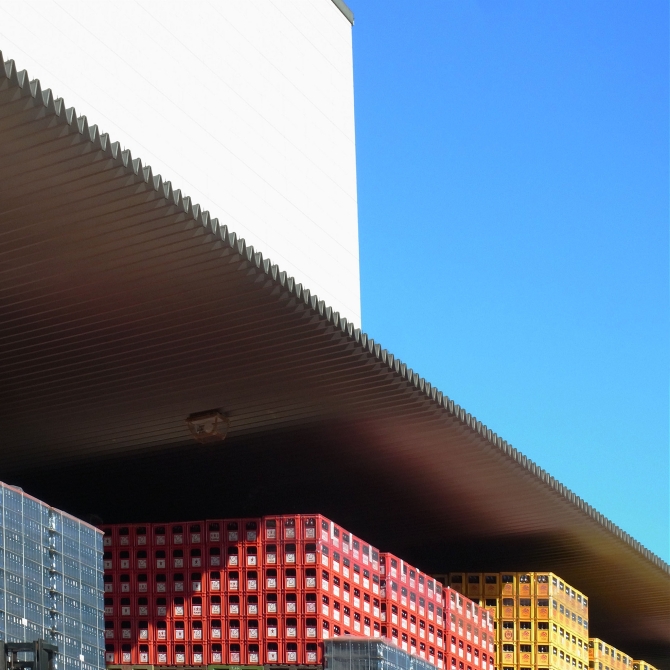Since the end of the recession the manufacturing sector has been one of the most consistent drivers of growth, and has fuelled demand for industrial and warehouse property. However, the last few months have seen growth in manufacturing begin to slowdown causing industry experts to fear for the wider economic recovery.

According to the Markit/Cips UK Manufacturing Purchasing Managers’ Index (PMI), a shock drop in August’s growth rate to 52.5 means that the manufacturing industry is now growing at its slowest pace for 14 months. Furthermore, the recorded level fell far below economists’ expectations and further compounds the issues which arose during July’s disappointing 54.8 reading.
Although both July and August’s readings remain clear of the 50 point threshold, which indicates growth within the sector, the continuing slowdown indicates that the manufacturing boom driving recovery could be well and truly over. Instead, economists warn that it could be up to consumers to up their spending within the retail and leisure sectors in order to ensure the economic recovery remains on track.
Senior economist at Markit, Rob Dobson, says; “It is becoming increasingly evident that UK industry is not immune to the impacts of rising geopolitical and global market uncertainty.
“That’s especially true when they affect economic growth and business confidence in our largest trading partner, the Eurozone.”
In further bad news, it appears that the slowdown in growth is taking its toll on business confidence, which in turn is causing businesses to think twice about taking on additional staff members. During August, the hiring rate at factories dropped to the lowest level seen since June 2013 – however, this is largely due to a drop in staffing levels at bigger firms, while small to medium sized manufacturers continued to hire in earnest.
The bad news from the manufacturing industry comes only a week after a similar drop in growth was reported by the service sector. As both are now experiencing a slower rate of growth than at the beginning of the year, economists are now almost certain that the overall momentum of the economic recovery will slow in the second half of the year.
Both the manufacturing and the service sectors have reported fears over skills shortages in the past few months – something which could also impact upon growth in the future. However, with both sectors continuing to hire, it seems that this is not the cause for July and August’s disappointing results.
Instead the blame must fall upon a drop in orders, at least within manufacturing, to explain why sectors which were booming just last quarter are now struggling to expand. Mr Dobson pointed out that consumer, intermediate and investment goods producers were particularly affected by a slowdown.
The question now is whether this data is an indicator of prolonged economic slowdown or whether manufacturing will rally as the year comes to an end.
Previous Post
Fujifilm acquires “eyesore” Billingham Site